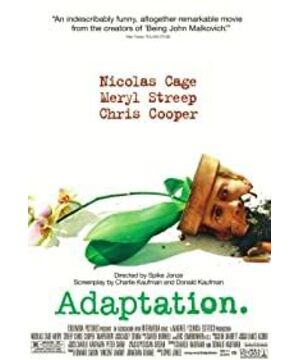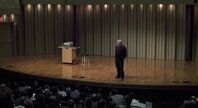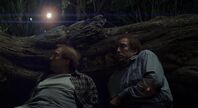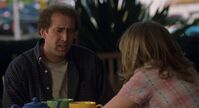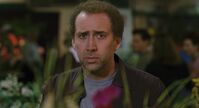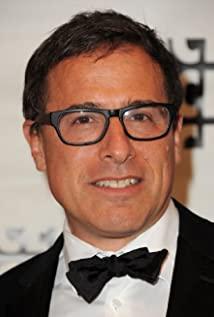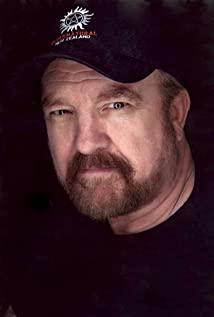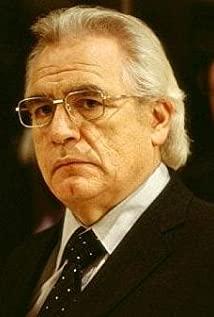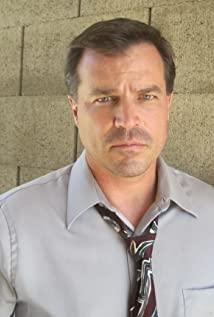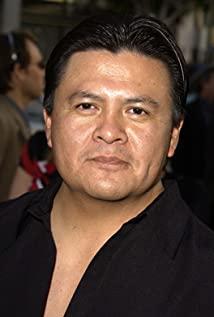I really like the way the film is narrated, and the transition between the different characters' tones is not abrupt at all.
The seemingly calm and rational female reporter Susan is actually a lonely person. She often lay beside her sleeping husband, talking to herself, wanting to change something in her life, but when the change was suddenly brought to her by the screenwriter who wanted to know her innermost thoughts, she panicked and tried to kill her. Bury everything that happened and go back to your old life.
John is a very lovely person. There are many perspectives in the movie. Susan, as an interviewee in "Orchid Thief", was attracted after she was ignorant and familiar with him from the beginning. Charlie talks over and over about his look and the battered truck as he decides the opening scene of the script. There is also Susan and her friends talking about him and laughing at him, and she is ignorant and has a good impression of him. He was a man without front teeth who always said he was the smartest person in the world and who loved to tell her about his collections. And the man, who used the chemical extracted from the ghost orchid to be happy for the woman who looked a little sad, pointed the gun at Charlie for the woman's thoughts, and buried the woman he loved in the swamp.
Charlie is an inferior person, inferior and cowardly. His life and creation are full of contradictions, like the relationship between him and his younger brother, but the contradictions finally come together. When facing a strange woman, he sweats and feels nervous and overwhelmed. When facing a woman he likes, he does not dare to confess or kiss. As said in the movie, he always cares too much about what other people think. And one night in the swamp with his brother, the words that his brother said seemed to open up a world he had never been to in his life, and let him go on full of hope.
I have to say, the whole movie is full of irony and clever coordination of lines. Laughing at the script created by the younger brother using the framework in the textbook, thinking that it was not innovative, but it was appreciated by the agent. I hate the constraints of those rules, I want to create my own pattern, but after exhaustion, I turn to the so-called master who I hated so much. The contrast between Susan's fascination with her and finally discovering her true face in the photo on the back cover. Everything makes this movie fascinating.
ps watched this film for Nicolas Cage, watching his fat and bald betrayal, one person playing two roles, and his acting skills are so good, I really like him more.
View more about Adaptation. reviews


